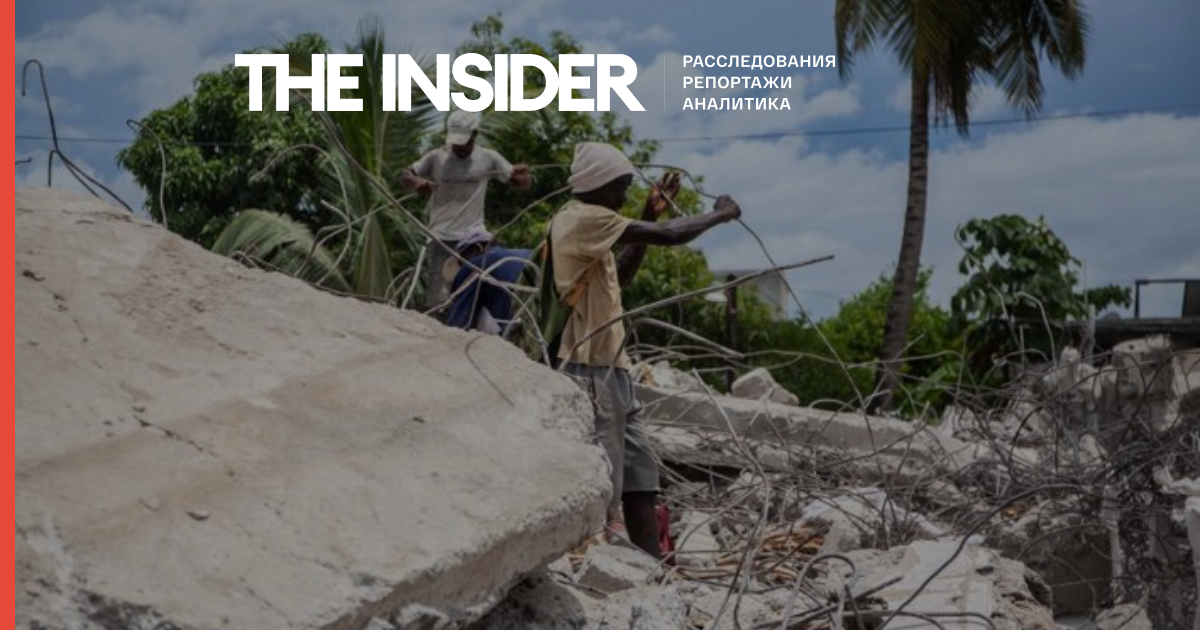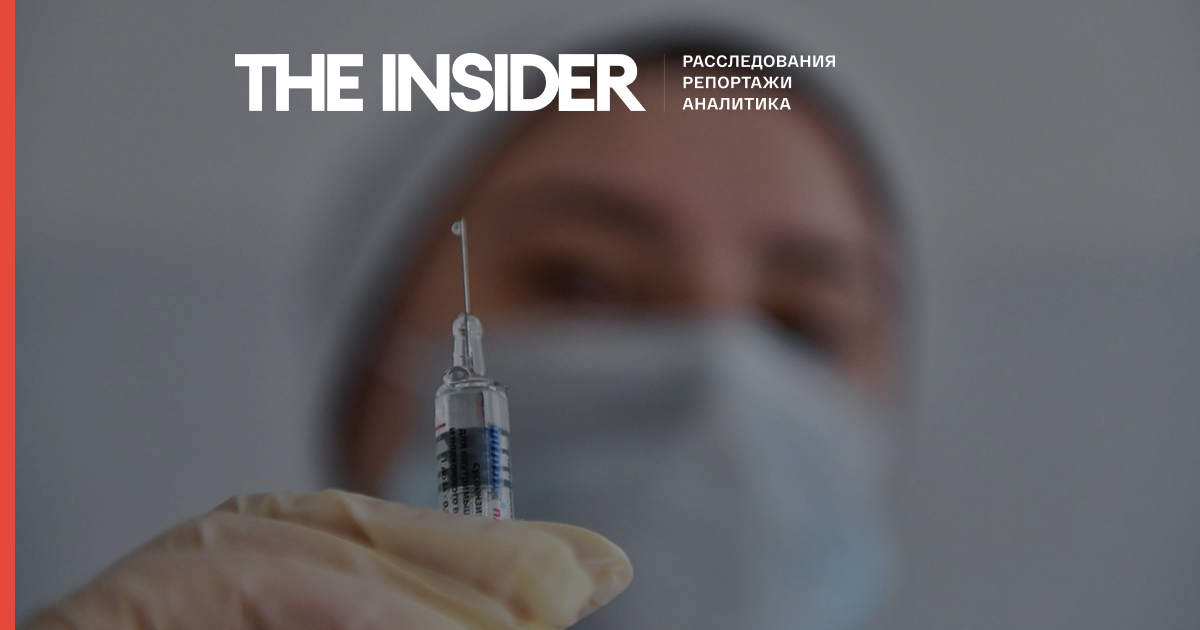The path of Kazakhstan was an example of how one can quietly leave the stage without losing either power or influence. In other words, Kazakhstan was considered a kind of civilized transit from an authoritarian regime to a less authoritarian one, which retained certain guarantees for the outgoing elite. She could pass power by inheritance to her relatives, or, say, leave it to “suitable” successors.
As far as I know, this is exactly the option that was discussed in the Kremlin as one of the possible after the future transit of power in 2024. And the Kremlin was frightened by what seemed very reliable yesterday, but today it suddenly collapsed, although it’s too early to talk about it, which is why I don’t want to give any critical forecasts. We are not there now and do not know how it will all end – the victory of the conditional revolution or dictatorship. All these actions can lead to a tough rollback and pressure on the opposition.
I am now thinking about what will happen in Russia. If, hypothetically, Putin allowed the situation of his possible departure after 2024, thinking that he would appoint a trusted successor, now this is unlikely. The decisions made in the Kremlin will not be objective from the point of view of common sense. Looking at the events in Kazakhstan now, Putin’s elite must come to a simple conclusion – nothing is eternal, and everything reinforced concrete can crumble like a house of cards very quickly.
The best remedy for revolution and upheaval is democracy and dialogue with society. This is a reasonable conclusion of reasonable people. But unfortunately, the Putin elite, who sends the president to the bunker at the slightest danger, will draw exactly the opposite conclusions. This happened with Khabarovsk and Belarus. The response to the protests was repression, the poisoning of Navalny, and then the complete defeat of the entire protest movement. At the moment, they began to fight with journalists, they reached cultural figures.
After Kazakhstan, there may be an even more violent reaction in Russia. Since we are very similar to Kazakhstan in many respects, all scenarios, except for Putin’s stay in power after 2024, can be considered fantasy. The role of the siloviki will increase, although in Kazakhstan some of them have gone over to the side of the people. But what does this mean for Putin? Just another reason to be even tougher. Repressions will intensify and take on an unpredictable character, when decisions will already be made not at the level of generals, but at the level of the security officials themselves. And since repression remains the main social elevator, this elevator will move much faster, introducing more and more dictatorship and fear into our reality.
For the fourth day in Kazakhstan, protests caused by a sharp rise in prices for liquefied gas have not abated. The rallies began on January 2 in Zhanaozen, later the residents of the city were supported in many other settlements. By the evening of January 4, protests, to which most people come out with political demands, gripped most of the country.
The Insider monitors for what is happening in Kazakhstan online.







